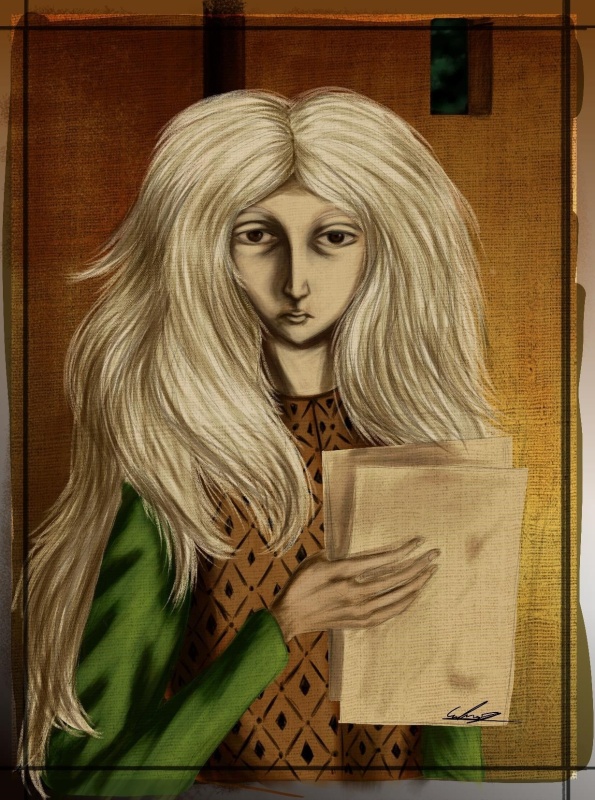Teoría sobre el concepto innato de unidad y su proyección en la interpretación del mundo por Héctor Andrés Loreto de Vázquez
Published 2023-08-24
Keywords
- Innatismo,
- Epistemología,
- Proyección,
- Entes,
- Ser
- Unidad,
- Cogito,
- Innatism,
- Epistemology,
- Projection,
- Entities,
- Being,
- Unity ...More
How to Cite
Abstract
This paper presents a theory that demonstrates how humans extract certain innate ideas
from their own depths and project them onto the entities they perceive and think, particularly the ideas
of being and unity. Furthermore, it is shown that the degree of projection of these ideas (the ideas of
being and unity) onto the perceived entities is influenced by the level of joy or distress experienced
by an individual. For the analysis of innate ideas and emotions, the focus is primarily on rationalist
philosophy (Descartes, Spinoza, and Leibniz). However, the philosophy of Heidegger is also used to
examine emotions. Finally, drawing on the horizon of analogical thinking outlined by Beuchot, it is
discussed how this innatist theory of projection can respond to the absolute relativism of
postmodernity.
Keywords: Innatism, Epistemology, Projection, Entities, Being, Unity, Cogito.


